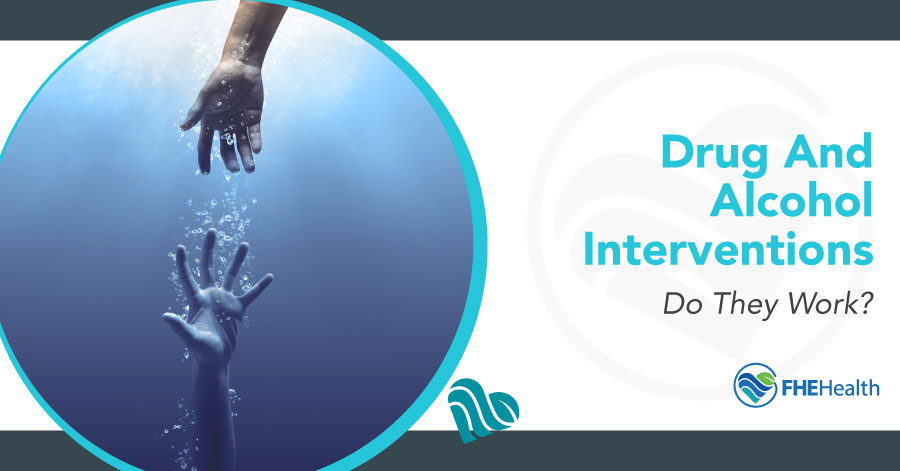
Most people’s only understanding of interventions is from the scenes that they’ve seen on television and in movies. Hollywood loves the intervention trope. There’s the famous episode in How I Met Your Mother, where a group of friends becomes obsessed with interventions and eventually needs to stage an intervention for interventions … or, the intervention with Alan in the movie The Hangover (III) … and, the more serious intervention for Christopher Moltisanti in The Sopranos.
These scenes always follow the same outline: Someone with a drug or alcohol addiction is confronted by a group of friends and family. Everyone shares how the person’s addiction has personally impacted them, and the intervention either gets through to the person or fails. But, is that really how it happens, and, for that matter, do interventions actually work in real life? The question is one that friends and family members affected by drug or alcohol addiction may be asking. Here are some answers that may help.
What Is an Intervention?
An intervention is a carefully planned event that typically brings together friends and family with the guidance of a professional addiction professional to confront a loved one about their drug or alcohol problem. (While interventions are most commonly staged for drug and alcohol addiction, there are also interventions for mental health conditions.) The word “confront” can sound hostile, but an intervention isn’t a time to pass judgment or criticism on the person. Instead, this is a time for friends and family to share how the person’s addiction has impacted them. The ultimate goal of sharing these thoughts and feelings is to encourage and convince the loved one to seek professional help and begin the road to recovery.
Do Interventions Work?
Are interventions effective, or are they mainly useful as an exaggerated Hollywood trope that generates laughs? Here is the good news: Those who say interventions don’t work are speaking to outlier cases; the data shows that interventions do work in most cases. In fact, most interventionists report a success rate between 80-90 percent.
What this means is that approximately eight out of 10 individuals who are confronted about their drug or alcohol use in an intervention will choose treatment in that moment. Of the remaining two individuals who don’t choose treatment immediately, one will opt for treatment a week or two after the intervention.






